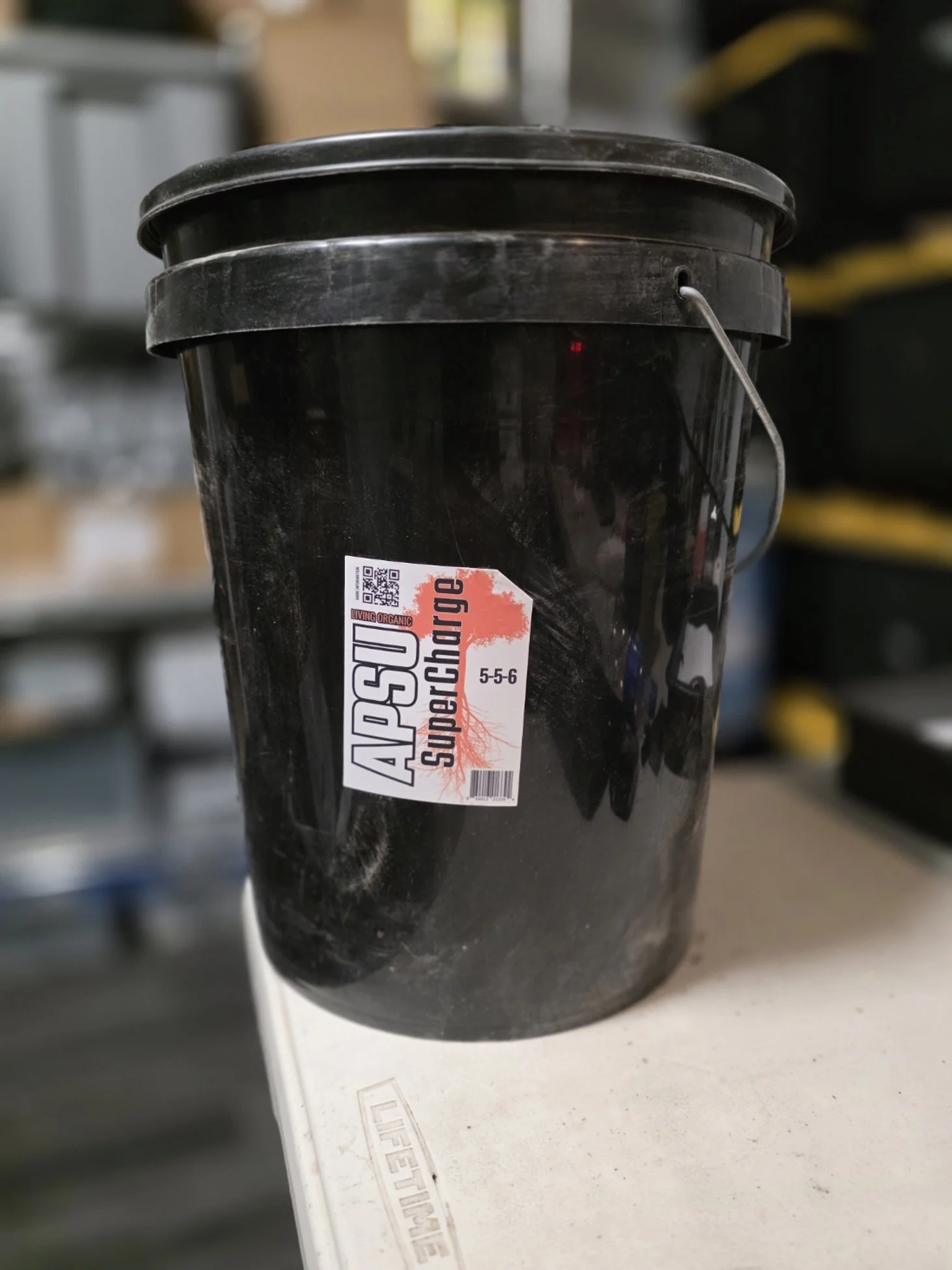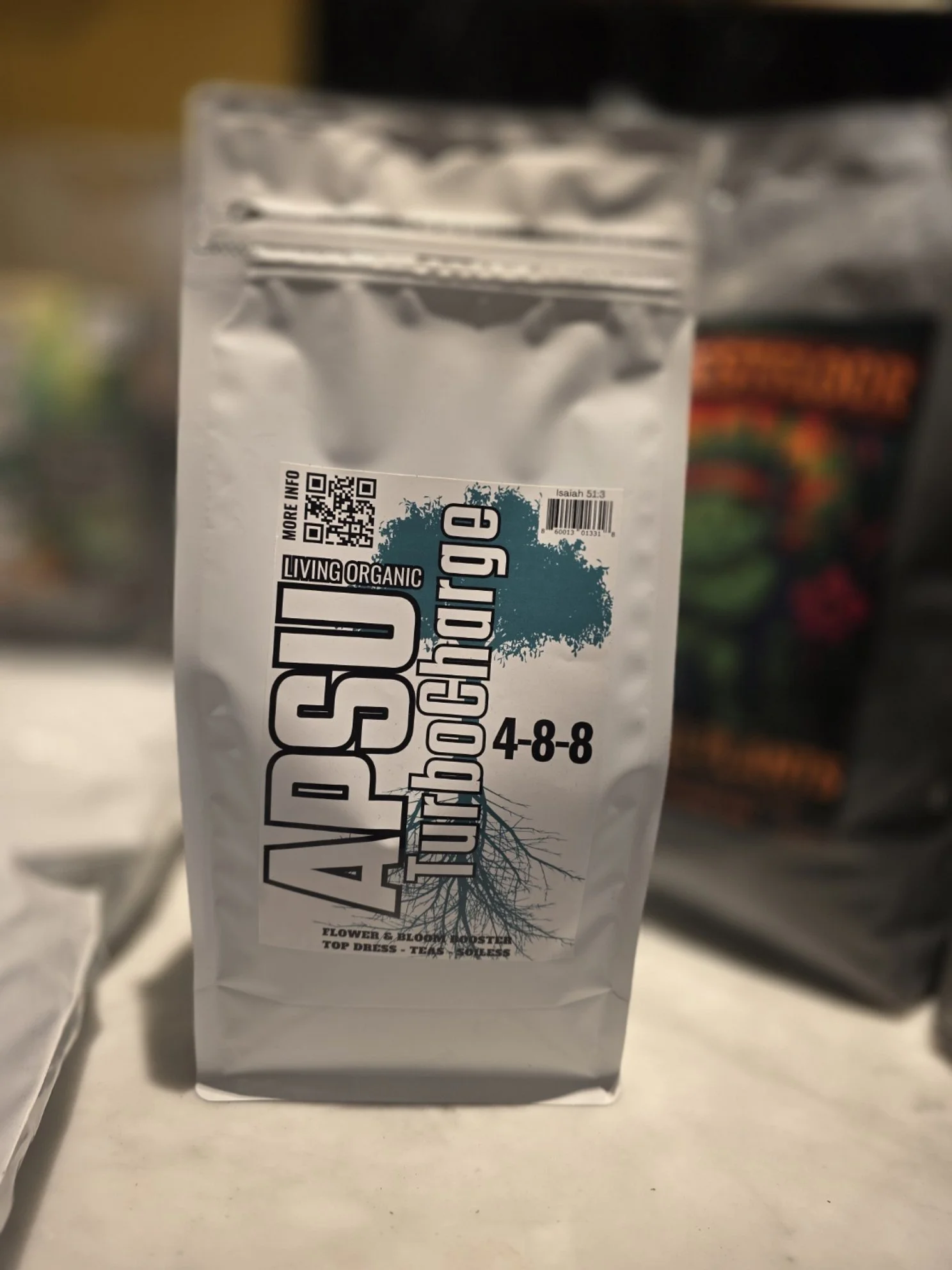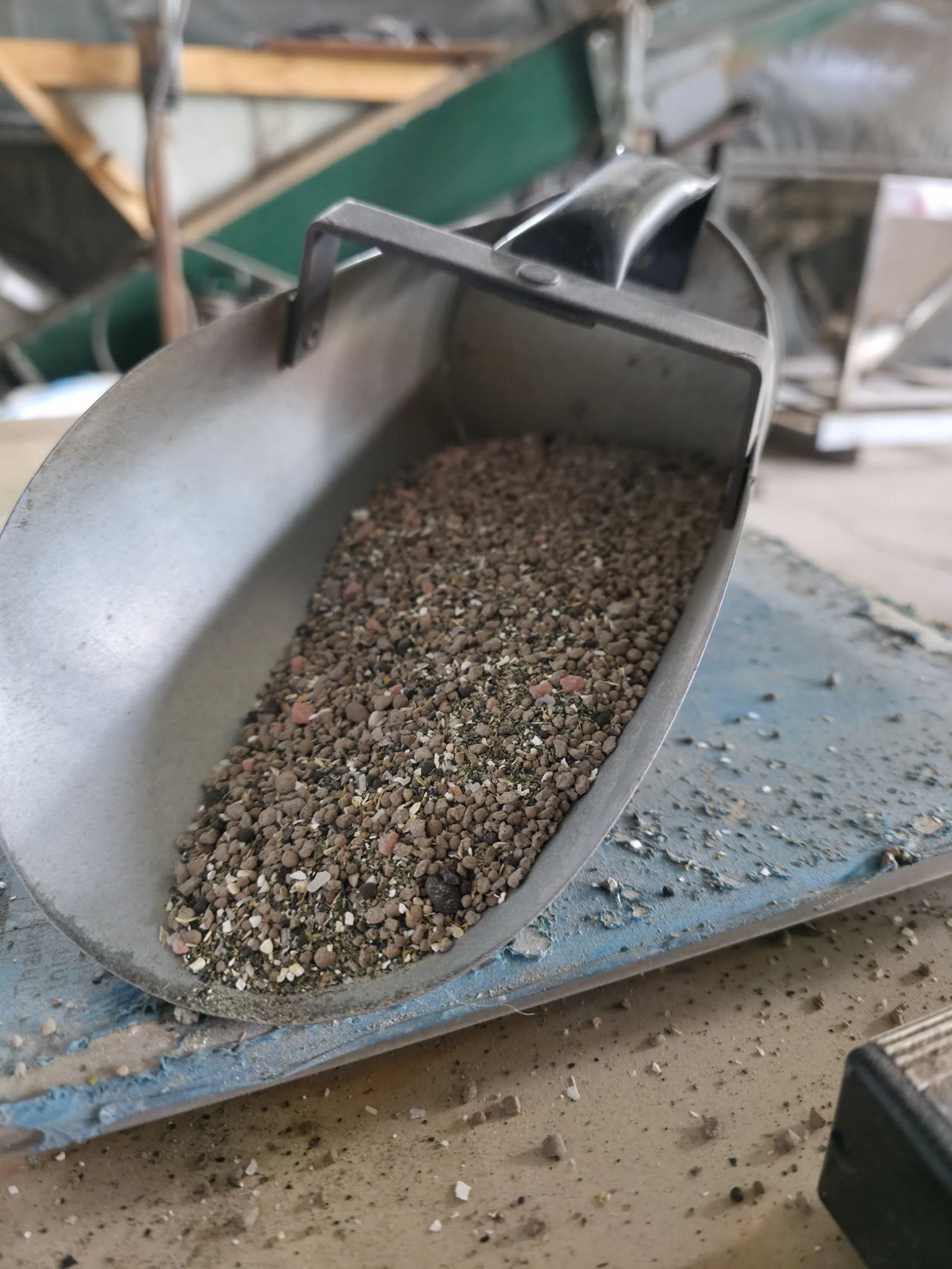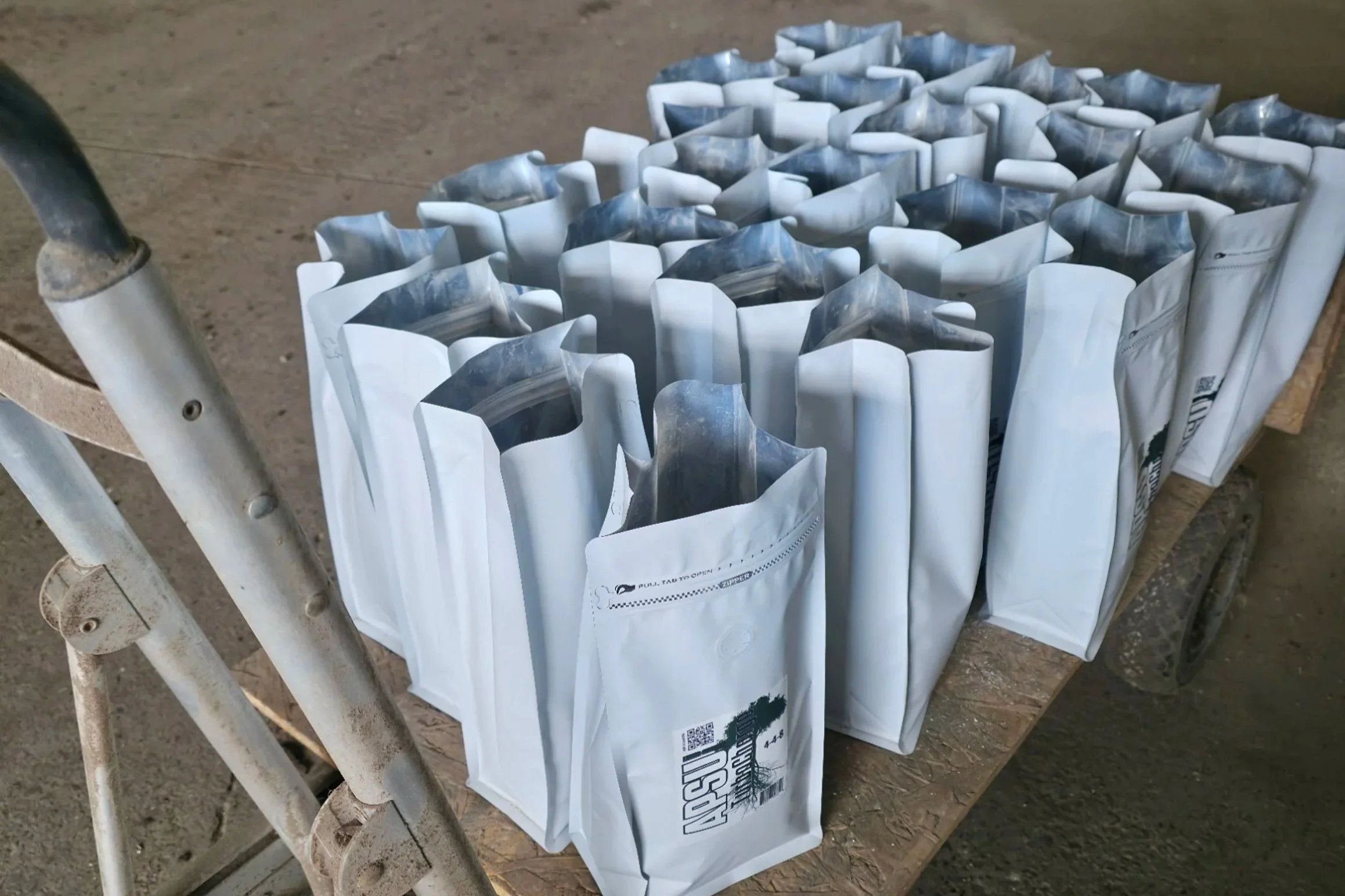How to Use
SuperCharge™ provides essential nutrients that can benefit a wide range of plants. This blend covers a broad spectrum of macronutrients and micronutrients, ensuring healthy growth for various plant species. To help with accurate measurements, note that 1 lb is equivalent to 2.3 cups. Below is a detailed list of plants that will benefit from this mix, along with the recommended pounds per cubic foot (cf) for each species:
Plants That Benefit from SuperCharge™:
Tomatoes, Peppers, and Eggplants
Why: These plants thrive on phosphorus and calcium for strong root systems and nutrient transport, provided by Bone Meal, Phosphorite, and Dolomite. Kelp Meal and Alfalfa Meal enhance growth and stress tolerance.
Recommended use: 1.5–2 pounds per cubic foot (cf).
Leafy Greens (Lettuce, Spinach, Kale)
Why: High nitrogen levels from Blood Meal, Feather Meal, and Alfalfa Meal promote lush, leafy growth, while Azomite supplies trace minerals for overall plant health.
Recommended use: 1–1.5 pounds per cf.
Root Vegetables (Carrots, Beets, Radishes)
Why: Root crops need phosphorus from Bone Meal and Phosphorite for healthy root development, while Gypsum improves soil structure and root penetration.
Recommended use: 1.5 pounds per cf.
Cucumbers, Squash, and Melons
Why: These plants benefit from potassium and sulfur from Langbeinite and Dipotassium Sulfate for fruit development, while Kelp Meal boosts their resilience to environmental stress.
Recommended use: 2 pounds per cf.
Fruit Trees (Apples, Pears, Peaches)
Why: Fruit trees require sustained feeding with phosphorus, calcium, and micronutrients, supplied by Bone Meal, Gypsum, Azomite, and Dolomite.
Recommended use: 2.5 pounds per cf.
Berries (Blueberries, Raspberries, Strawberries)
Why: Berries benefit from acidic soils, supported by Bone Meal and Dolomite for balanced pH and Azomite for trace minerals. Biochar helps with soil aeration and water retention.
Recommended use: 2–2.5 pounds per cf.
Cannabis
Why: Cannabis requires high levels of nitrogen for vegetative growth, provided by Blood Meal, Feather Meal, and Alfalfa Meal. Bone Meal and Langbeinite ensure phosphorus and potassium levels for flowering, while Biochar improves nutrient availability.
Recommended use: 1.5–2 pounds per cf.
Herbs (Basil, Oregano, Thyme)
Why: Herbs thrive on moderate nitrogen and micronutrients, provided by Blood Meal, Neem Meal, and Azomite for vibrant growth and pest resistance.
Recommended use: 1.0–1.5 pounds per cf.
Ornamental Flowers (Roses, Dahlias, Lilies)
Why: Flowers need phosphorus and calcium for robust blooming, provided by Bone Meal and Phosphorite, while Kelp Meal and Alfalfa Meal enhance stress resistance and growth.
Recommended use: 2 pounds per cf.
Tropical Plants (Bananas, Avocados, Palms)
Why: Feather Meal provides slow-release nitrogen for long-term growth, while Langbeinite ensures balanced potassium and magnesium uptake, promoting lush growth in tropical plants.
Recommended use: 2.5 pounds per cf.
Succulents and Cacti
Why: These plants prefer lower nutrient levels but benefit from trace minerals in Azomite and Biochar for improved soil structure and nutrient retention.
Recommended use: 0.5–1 pound per cf.
General Use Recommendation:
For most vegetable, fruit, and flower gardens, a usage of 1.5–2 pounds per cubic foot of soil is effective. For heavier feeders like fruit trees or tropical plants, increase to 2.5 pounds per cubic foot.
This mix delivers fast-acting and slow-release nutrients, providing a balanced approach to plant nutrition. The addition of Biochar, Neem Meal, and Kelp Meal improves soil health, resilience, and nutrient availability, making it ideal for a wide range of plants.












